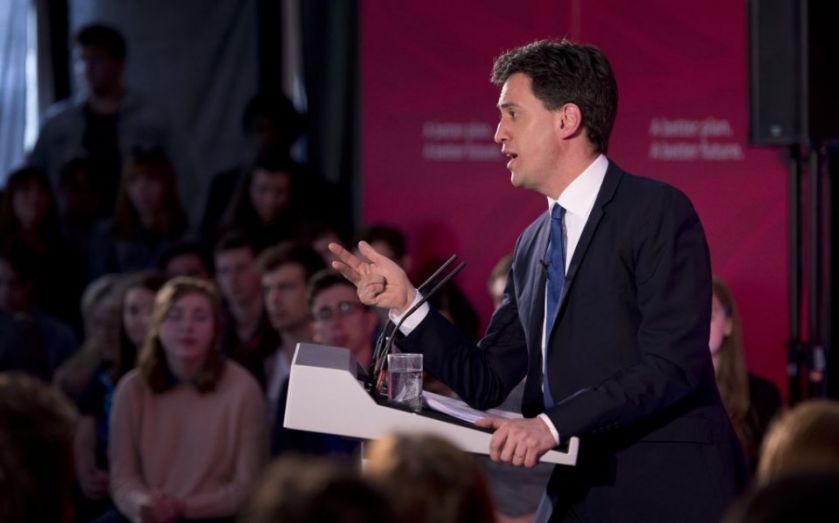Other taxes under the microscope

PROPERTY TAXES
The IFS criticised the parties for failing to address “many problems” with current housing tax policies.
Labour, the Lib Dems and the SNP have all said they would bring in a “mansion tax,” an annual charge on residential properties worth more than £2m. Meanwhile, the Tories promised to reduce the tax on more-expensive homes by increasing the inheritance tax threshold to £1m for married couples.
The IFS said that Labour’s targeting a revenue of £1.2bn without knowing how many homes were valued above £2m (the last time properties in the UK were systematically valued was in 1993) was “not a sensible way to make policy,” and could result in properties valued at more than £3m incurring an average tax charge of £16,600.
The researchers also picked apart the Conservative offer, saying, “It is hard to see a good economic or social rationale” as owner-occupied housing is already tax-privileged.
CORPORATION TAX
The IFS scrutinised Labour’s plan to raise the main rate of corporation tax from 20 to 21 per cent, saying that while Labour promised to keep the UK’s main rate the lowest in the G7, the vow still left room for further increases. Canada, the next most-competitive G7 country, has a 26.3 per cent corporate tax rate.
The IFS also called Labour’s proposal for a progressive corporation tax linked to profits “not a sensible tax schedule.” Miliband’s party has called for corporation tax rates to be 20 per cent on profits up to £300,000, 21.25 per cent on profits between £300,000 and £1.5m, and 21 per cent on profits above £1.5m.
TAX AVOIDANCE
The IFS was scathing in its review of the political parties’ reliance on revenues from “clampdowns” on tax avoidance and evasion.
In each of their manifestos, the Conservatives, Labour and the Liberal Democrats claimed they would raise, in today’s terms, £4.6bn, £6.7bn and £9.7bn respectively from such measures.
“Yet none of the parties has proposed specific measures that would increase revenues by these sorts of amounts,” the IFS said. “One might think of these revenue targets as, at best, aspirational, yet the parties’ fiscal plans rely on achieving them.”